|
|
|
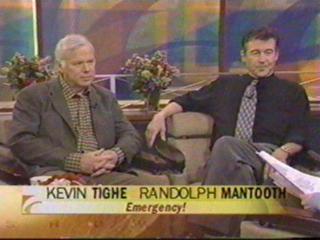 |
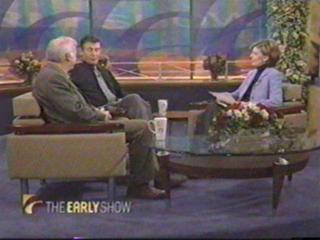 |
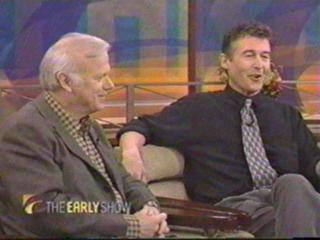 | 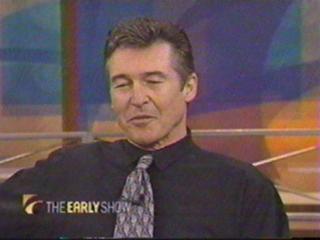 |
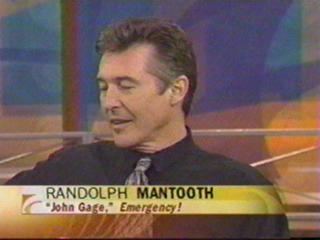 |
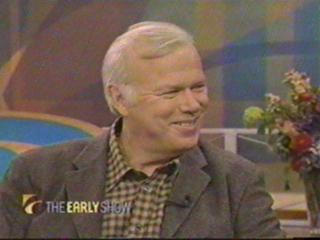 |
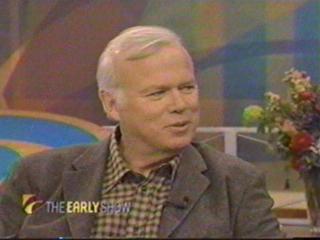 |
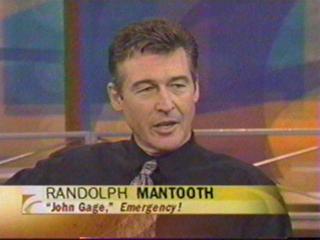 |
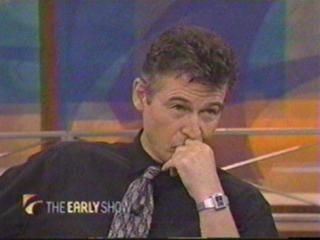 |
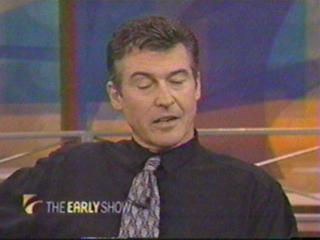 |
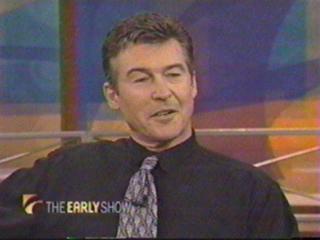 |
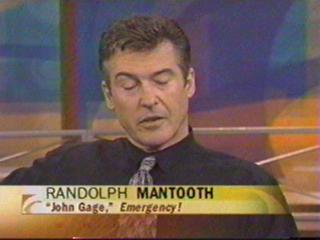 |
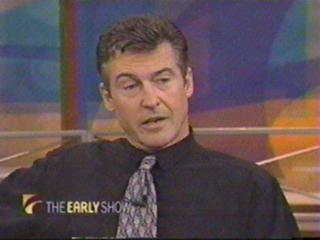 |
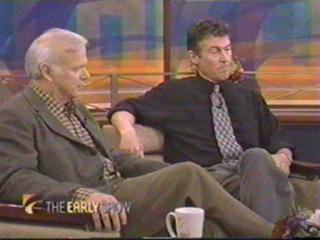 |
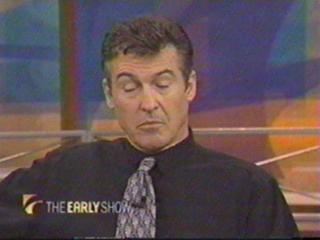 |
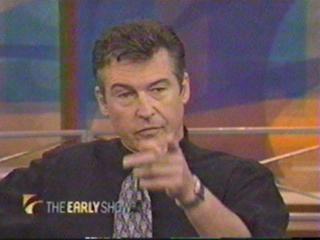 |
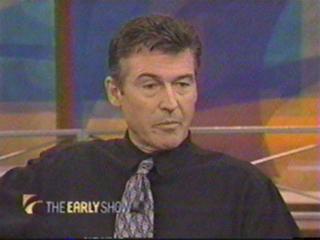 |
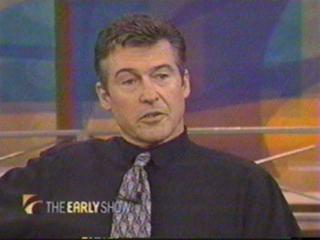 |
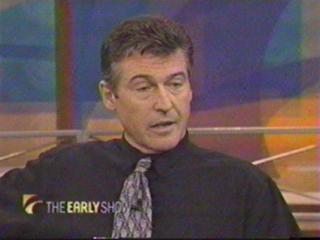 |
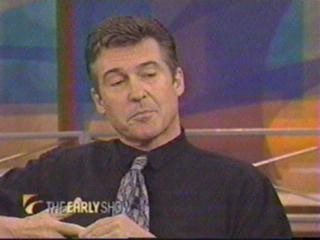 |
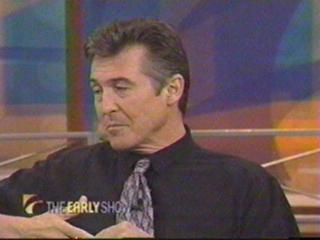 |
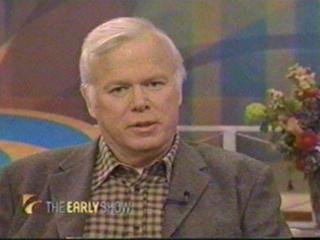 |
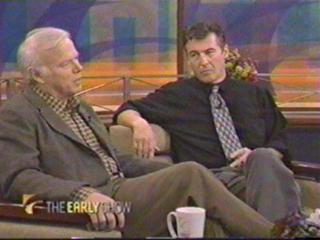 |
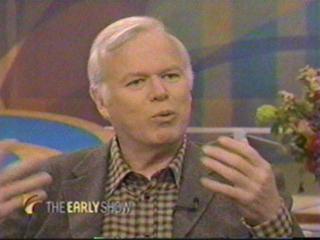 |
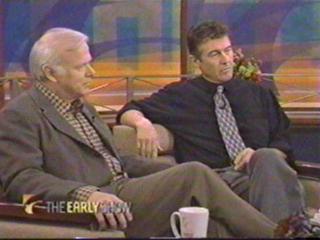 |
The following transcript was contributed by the Gage Brigade
Following is a transcript of Randy and Kevin's appearance on "The Early Show".
Interview:
Interviewer: "Before medical dramas like 'ER' or 'Third Watch', there was 'Emergency!' The focus today in our TVLand Flashback series. The popular 70's show focused on two hero paramedics."
Clip
"Actor Kevin Tighe played paramedic Roy DeSoto in the TV series alongside Randy Mantooth who was his partner, John Cage [sic]."
Interviewer: "Gentlemen, good morning."
RM: "Good morning, how are you?"
Interviewer: "It's so fun to see that - when I watched part of it last night, it just brought back such great memories. What's it like for you guys to see that?"
RM: "Well, it's pretty much like... watching somebody... else. It was a long time ago."
Interviewer: "It doesn't even feel like you anymore."
RM: "No it really doesn't. It was a totally different person right now, but, uh....man, it just brings back a lot of memories, because uh, for seven years, we rode in the same car, he never let me drive, but uh..."
Interviewer: "You never let him drive?"
KT: "Mm mm."
Interviewer: "You didn't trust him, huh?"
KT: "Well, it wasn't that...it was that all the stock-footage had me driving, so we kinda had to stick to the program."
RM: "Yeah, that was the excuse that they used."
Interviewer: "Now, your uniforms are going to be displayed in the Smithsonian. Is that right?"
RM: "Yes, come this March, uh.. actually May, May 16th, they're accepting all the uh, all the the accoutrement that we had, our helmets, our turnouts, our - uh, the biophone, the drug box, everything - everything is going to be at the Smithsonian, which uh, and then I think they're also going to use the Squad, uh, for a little while anyway."
Interviewer: "That's quite an honor, how did that come about, Randy?"
KT: "Well, oh, and I just wanted to add that the display will be in the public service sector, too.. as opposed to the entertainment sector."
Interviewer: "Right, right."
RM: "In the american history section, right right.
Interviewer: "Right right."
RM: "It came about actually, by a lady by the name of Cynthia Hawkins in Atlanta. She was just a big fan of the show, and uh, she was just relentless and uh, called the Smithsonian and got them interested, and now a year later, here we are, about to be accepted.
Interviewer: "Well, Emergency! brought a relatively new profession into Americans' homes. Paramedics. We hadn't really heard much about them before, before your show. Right? What was it about that that was so, uh, impressive?"
RM: "Well, the fact that we didn't have it. Uh, I think about 25 years ago, we would be very very uh... we we would never imagine the fact that we could uh, fall down in the street and have somebody treat us in the, on the street. It just was unthinkable."
Interviewer: "Right, just take them right to the hospital."
RM: "Right, just take them to the hospital, and if they didn't die before they got there, their lives would be saved. Now, it's unthinkable that if we do fall down in the street, that somebody wouldn't be there to treat us um, in the field."
Interviewer: "Well, originally this was a hospital show, and because of you two, and because of the viewer response, they really changed it to focus more on the paramedic aspect of it."
RM: "Yes, they did. And it was, that was Bob Cinader who did that. Uh, it was supposed to be a hospital show, Kevin and I were supposed to come in, bring the, bring the victims in, and then they were supposed to have scenes..."
Interviewer: "How are you received by actual paramedics? How have you been over the years?"
KT: "Well the show was, it began as there were two pilot programs, one in Seattle and one in Los Angeles. And uh, so when we started, that, that was it. And uh, when we had the show, we had paramedic advisors advising us on every aspect of what we were doing on-camera. And then when we were in the hospital, uh, uh, doctors were there to advise us. So, it was due to their uh, uh, attentive skills, uh watching our performance and discerning where they could help, and you know, that provided, I think, an actuality to the show. Where, at that time, you know, you have ER now, and shows like that that are marvelous in terms of that. But that was, that was, uh, something that hadn't hit, I think, the airwaves before in quite that same way, was the true situation of a rescue. Literally, when we got there, we didn't know where we were going to be going with it, and we just sort of followed the procedure, and with our advisors, worked it out."
Interviewer: "Well, it must be gratifiying, I know a lot of people went into the profession after they saw what you two did, on that show. And it's good to see you now. Thanks very much for coming. Randy Mantooth and Kevin Tighe."
RM: "Sure."
Interviewer: "Nice to see you again."
RM: "Thank you."